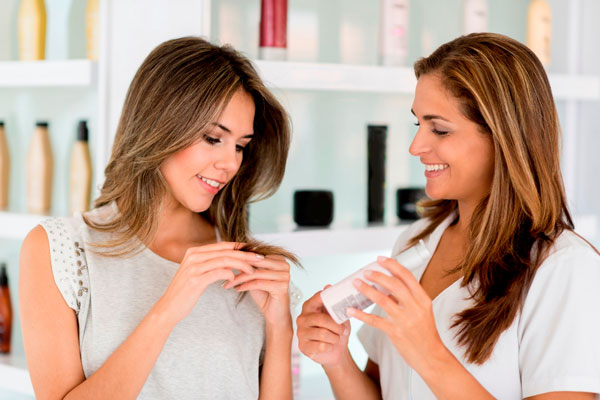When trying to figure out how to control hair fall, we often blame age for the problem.
There is a common misconception that the older you get the thinner your hair becomes; something that should only happen when you are playing with your grandchildren. The simple truth is that this is not always the case: age, simply, is not the only reason for thinning hair.

“We associate changes in the look and feel of our hair as a result of age, but the truth is that it can happen at any time and for many other reasons,” says Maameya Dankwa, brand manager of Vigro.
Non-genetic, environmental factors such as illness, medication, stress and even your diet can play a role in the condition of your hair, and cause thinning. Trying to limit these factors or at least be aware of their impact on the state of your hair is just as important as going to the gym and looking after your body.
“Being informed on how to look after your hair properly can help curb the amount that you shed, and knowing that what you do in your daily life not only impacts your schedule but your hair as well, is a step in the right direction,” says Dankwa.
Maameya provides 5 steps on how to look after your crown to limit thinning hair:
1.Try to manage stress levels
It is easier said than done, but managing stress is just as important to your hair as it is to your state of mind.
Stressful work days are not going to cause your hair to start thinning, but a culmination of stress and a hugely stressful event in your life will.
Your body has to cope with this stress and therefore it focuses all its energy and available nutrient supply on healing, and not on growing hair. You may only see the harmful results on your hair three or more months later.
Try out these ways to relax in a matter of minutes:
2.Check your meds
Medications are meant to help you get better, but watch out for the side effects that sometimes you don’t know about until it is too late.
If you are starting a course of medication that you have never had before, ask your doctor or refer to the product information to find out if one of the side effects is hair shedding – this way you can be prepared and know what to expect.
3.Watch your nutrient intake
Many nutrients and vitamins play an important role in the healthy growth of your hair. Protein, iron, Vitamin E and trace minerals such as magnesium, copper and selenium are needed to ensure healthy hair growth.
There is no need to go out and buy new foods and supplements; simply eating a healthy, balanced diet including fruits and vegetables should help decrease shedding.
4.Ask your doc
If you are ill – whether it be a once off, or ongoing illness – one of the symptoms might be shedding of hair.
When you are made aware of your condition it is important to know all the symptoms associated with it, and although hair shedding is the last thing on your mind, talk to your doctor about it.
Find out how you can add volume to your hair:
5.Find the right product
When hair shedding is an issue look for a solution that fits into your everyday life, like the Vigro 3-Step System.

